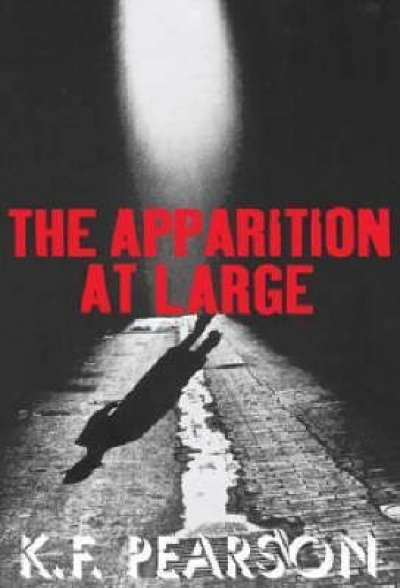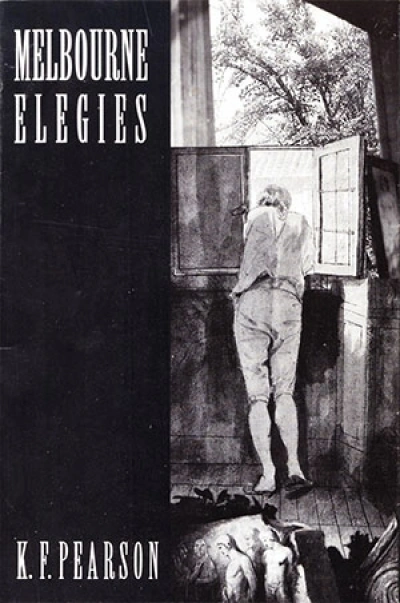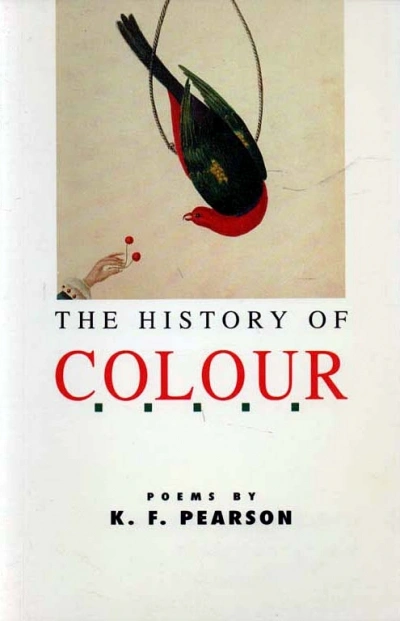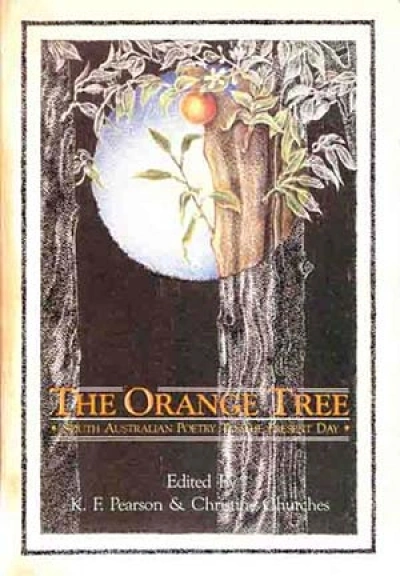The problem with K.F. Pearson’s Melbourne Elegies is that Goethe – on whose classic of sextourism, Roman Elegies 1788–1790, these rhetorical, literary poems are loosely based – is Goethe: difficult to translate, still little read in English. It gives him problems. Pearson, to my mind, is not attempting a Poundian ‘replacement’ of an ancient text within the framework of a contemporary poetics. That would require a reckoning with the original poem’s logistics and context similar to the way that Pound’s Propertius speaks electrifyingly in the context of an Empire much later than the Roman one he wrote for; or in the manner that Christopher Logue has recently converted excerpts of Homer into a form of late 20th century literary cinema. Such replacement requires that the contemporary poem convince us that the original work’s ‘loss’ – a ‘loss’ produced equally by its inaccessible aesthetic no less than by our contemporary lack of language-skill and culture – should matter to us.
...
(read more)









